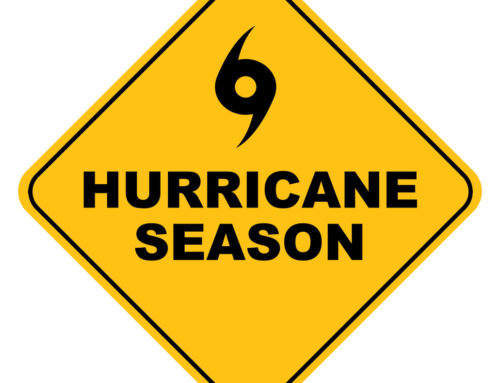Understanding the signs and symptoms of a heart attack is crucial, especially for seniors who may be at a higher risk. In various scenarios, recognizing these signs can make a significant difference in seeking timely medical assistance and improving the chances of a positive outcome. In recognition of American Heart Month, this article aims to shed light on the signs of a heart attack in different scenarios, emphasizing the importance of awareness and quick response.
Classic Symptoms
In many cases, heart attacks present with classic symptoms that include:
-
- Chest pain or discomfort: Seniors might experience a feeling of pressure, fullness, or squeezing in the chest.
- Pain in the upper body: Discomfort may radiate to the arms, neck, jaw, shoulder, or back.
- Shortness of breath: Difficulty breathing or feeling breathless may accompany chest discomfort.
Atypical Symptoms in Seniors
Seniors, particularly women, may not always exhibit classic symptoms. Instead, they might experience:
-
- Fatigue: Unexplained and persistent fatigue, often mistaken for general tiredness.
- Indigestion or stomach pain: Some seniors may mistake heart attack symptoms for gastrointestinal issues.
- Nausea or vomiting: Feeling nauseous or vomiting can be a sign, especially when not linked to any other apparent cause.
Silent Heart Attacks
Seniors may experience “silent” heart attacks with minimal or no symptoms. It’s crucial to be vigilant about subtle signs like:
-
- Sudden weakness or lightheadedness: A feeling of weakness, dizziness, or lightheadedness without an apparent cause.
- Unexplained discomfort: Seniors might describe a vague sense of discomfort rather than sharp pain.
Diabetic Seniors
Seniors with diabetes may not always perceive typical heart attack symptoms due to nerve damage. Watch out for:
-
- Unexplained changes in blood sugar levels: Sudden and unexplained fluctuations may indicate an underlying issue.
- Shortness of breath during normal activities: Seniors with diabetes might experience breathlessness without exertion.
Post-Operative Seniors
After surgical procedures, seniors may be at an increased risk of heart events. Monitor for:
-
- Chest discomfort or tightness: This may occur post-operatively and should not be dismissed.
- Irregular heartbeat: Any unusual heart rhythms should be promptly addressed.
Understanding the signs of a heart attack in different scenarios is crucial for seniors and their caregivers. Quick recognition of symptoms and immediate medical attention can significantly improve the chances of a positive outcome. Seniors and their families should remain vigilant, prioritize heart health, and seek professional advice if any concerning symptoms arise. Regular check-ups, a heart-healthy lifestyle, and awareness are key components in preventing and managing heart-related issues in the senior population.
FirstLantic Healthcare has been serving the South Florida community since 2000. If you or someone you know needs home healthcare services in South Florida, FirstLantic can help. We are locally owned and operated, providing our patients with the best home care services in Fort Lauderdale (Broward County) and Delray Beach (Palm Beach County) since 2000. We have also been named Top Workplaces by the Sun Sentinel for 8 years in a row. Click here to contact us.
To read more of our blogs, click here.
 AVAILABLE 24 HOURS A DAY/7 DAYS A WEEK
AVAILABLE 24 HOURS A DAY/7 DAYS A WEEK Careers
Careers







